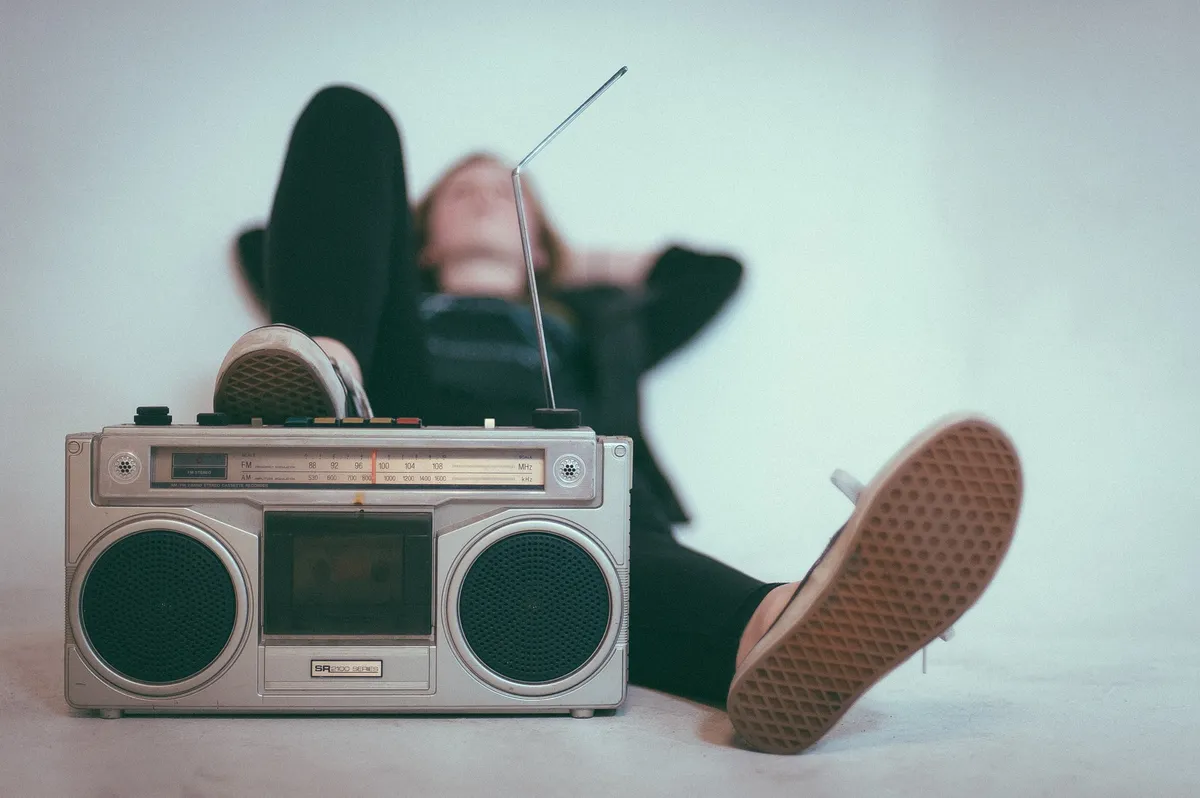Many of us are spending a lot more time indoors recently, and it doesn't come without challenges.
Right now, the whole country is in lockdown, and lots of us are finding that the change in routine - and the stress of a global pandemic - is impacting our sleep.
For some people, not having a change of scene on a daily basis means that when it's time to wind down, it's difficult to switch your brain off. We caught up with chartered psychologist and neuroscientist, Dr Lindsay Browning, to find out what could help.
1
Ensure that you have a good, supportive bed

If your bed is old and uncomfortable, or too soft or too firm, you will struggle to drift off to sleep. A good mattress should support your body while being comfortable enough for you to feel relaxed. Your shoulders and hips should sink into the mattress, with your back supported so that your spine stays straight, not curved. If you can't manage to buy a new mattress, try flipping yours or adding a mattress topper or blankets so it provides the correct support.
2
Avoid heavy meals around bedtime

Eating a large meal too close to bedtime can cause indigestion, making it harder to sleep. However, going to bed on a very empty stomach can also hinder sleep. Try to eat a light snack before bed with complex carbohydrates and dairy, such as an oat biscuit and a glass of milk.
3
Give yourself an hour before sleep to wind down

Switch off your TV and laptop an hour before bed and do something relaxing instead. If you are working straight before you sleep, you will find it hard to move from work mode to sleep mode. A relaxing activity such as reading, listening to music or meditating before bed will help.
Have a warm bath before bed

Your body temperature decreases as you fall asleep. If you have a warm bath, you artificially raise your body temperature. So when you get into bed, your body temperature will naturally mimic the drop in temperature that happens as you fall asleep.
If you can’t sleep, get up!

If you’ve been lying in bed for a long while, simply get up. The longer you lie in bed clock-watching, the more anxious you’ll become. It’s much better to get out of bed and do something else for a while (like read a book) until you feel more sleepy.
For more sleeping info and bed advice, visit www.andsotobed.co.uk.
